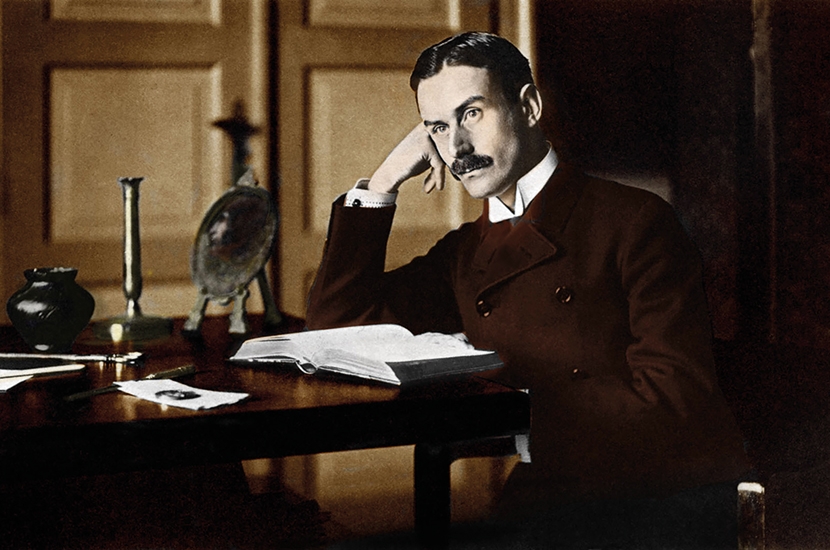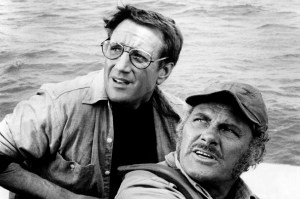In a letter to Stephen Spender, W.H. Auden, who had married Thomas Mann’s daughter Erika sight unseen in order to provide her with a British passport, wrote: ‘Who’s the most boring German writer? My father-in-law.’ This is clearly not a sentiment shared by Colm Tóibín, who has brought out a fictionalized biography of the Nobel prize-winning novelist.
Unlike The Master, Tóibín’s 2004 novel about Henry James, which confined itself to a four-year period when the protagonist was in his mid-fifties, The Magician covers almost the whole of Mann’s life, from his boyhood in Lübeck, which inspired his first and arguably finest novel, Buddenbrooks, to his death in Zurich at the age of 80.
‘The magician’ was a sobriquet bestowed on Mann by his children, who then spent much of their lives seeking to escape his spell. Outside of the House of Atreus, it would be hard to find a family more touched by tragedy. Both of Mann’s sisters and his despised sister-in-law committed suicide, as did his oldest and youngest sons (the latter after Thomas’s death and beyond the scope of this novel), while one of his sons-in-law drowned during the second world war when the ship taking him to Canada was torpedoed.
With material as rich as this it is no surprise that Tóibín sticks scrupulously to the documented accounts of Mann’s life, expertly weaving together details from his autobiographical writings and his own and others’ letters and diaries. Tóibín’s great achievement is his imagining of Mann’s interior life in all its intellectual achievement and emotional muddle.
The defining event of Mann’s middle years was the rise of Nazism, which forced him into exile, first in Switzerland and then in America. Unlike his brother Heinrich and son Klaus, he initially failed to speak out against Hitler, fearing that his books would be banned in his homeland. By reporting Klaus’s post-war visit to Richard Strauss, whose justification for staying in Germany was that it ‘had 80 opera houses’, Tóibín subtly asks whether Mann’s position, although different in scale to Strauss’s, was different in kind, leading us to question the morality of a man for whom art was paramount.
Although devotedly married for 50 years to Katia Pringsheim, who bore him six children, Mann had lifelong homoerotic impulses, which are most famously manifest in the novella Death in Venice, and most shockingly in his attraction to his 14-year-old-son Klaus’s ‘ravishing adolescent body’. Tóibín skillfully charts Mann’s hidden (and not-so-hidden) desires and his terror that the diaries, to which he confided them, would be unearthed by the Nazis, thereby destroying his reputation.
Tóibín is equally insightful on the nature of literary creation, revealing the intimate connection between Mann’s life and work, from Buddenbrooks, which was directly inspired by his father’s liquidation of the family grain company, to Doctor Faustus, which was indirectly inspired by Arnold Schoenberg, his fellow exile in Los Angeles. Comparing himself with Schoenberg, Mann laments the limitations of his own art: ‘Composers can think about God and the ineffable. We have to imagine the buttons on a coat.’
The odd glimmer of humor aside (such as Auden’s wicked parody of Virginia Woolf’s high style when he visits the Manns in Princeton), The Magician employs a measured and sober style, befitting its subject. It is a considerable feat of literary empathy, which transports the reader back to some of the key events of the 20th century and into the mind of one of its master chroniclers.
This article was originally published in The Spectator’s UK magazine. Subscribe to the World edition here.

























